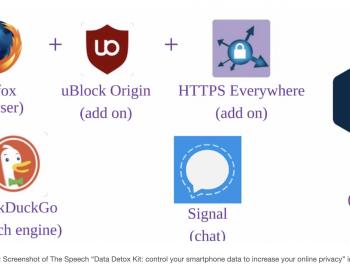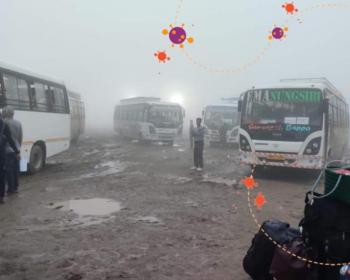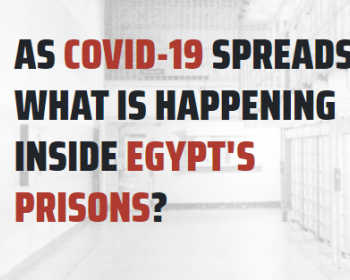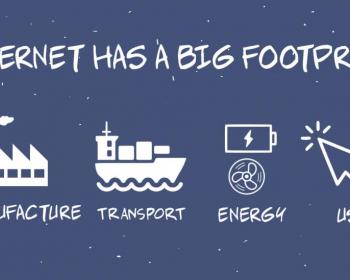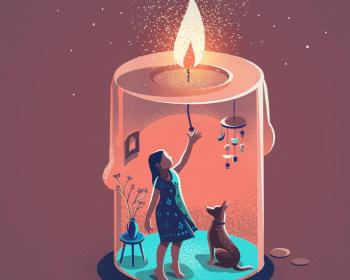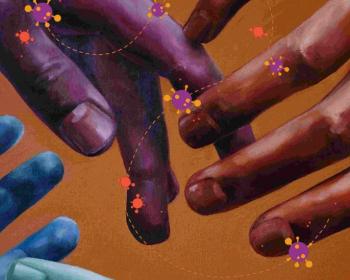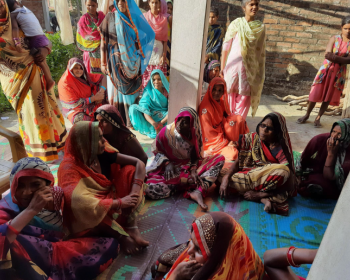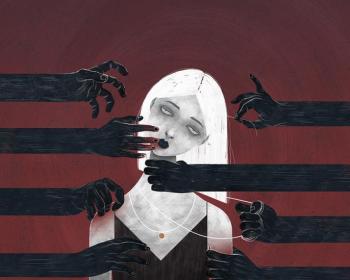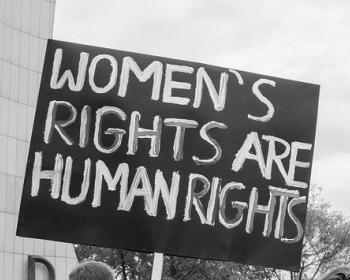Closer than ever
APC understands that we are all dealing with unprecedented circumstances as we face the challenges, fear and uncertainty brought on by the spread of the COVID-19 pandemic. We know it impacts our work, our personal lives and the lives of those we care about. Each country is tackling the situation differently, so the contexts we find ourselves in are as diverse as the ways we find to navigate shifting conditions.
In these exceptional times, we wish to send our solidarity and appreciation for connecting with us. While we are distancing ourselves physically, we continue to stay closer than ever to each other and share tools and resources as well as support. We also want to examine how we can continue to promote human rights online in the context of a global pandemic. We are all facing this problem together but we know it affects different countries and communities in different ways. Therefore, we would like to channel the strength of our network to share some important resources that we hope will be empowering, enlightening and reassuring.
Below you will find articles and insights shared by our community, which has been working on human rights and technology issues for over 30 years. We will be updating these lists on a regular basis, so please feel free to connect with us if you have some resources to share.
APC member organisation the Open Culture Foundation (OCF), based in Taiwan, reflects upon their experience at RightsCon 2020, which this year took place online.
More than 45,000 people have registered to return to their home state Manipur, and many are women nurses who faced discrimination and harassment while they were doing their jobs in mainland India. Returnees now face a precarious future regarding where they live, their jobs and their future.
Family members and lawyers have a right to communicate with their loved ones and clients at all times, but particularly during a pandemic. The public also has a right to information on measures to curb the spread of COVID-19 inside prisons. These are the reasons behind the #IWantALetter campaign.
The lockdown raises questions around digital security and safety. From online conferences being hacked to individual women targeted for extortion, there is a lot happening. In this personal essay, one woman navigates sextortion through expression, art and fantasy.
We often hear that the internet is a cloud. But the internet has a big footprint. With this first release we start a reflective webcomic series around internet's infrastructure from a feminist technopolitical perspective.
Kira Xonorika exposes the absence of public policies for trans people in Paraguay during the lockdown by COVID-19 and denounces the serious social consequences of corporeal colonialism that pathologises gender diversity.
Essential workers and service workers in the United States, especially those in the LGBTQIA+ community, are increasingly more vulnerable at the workplace during the COVID-19 pandemic. They are at risk of losing employment benefits, and are subject to discrimination and surveillance at work.
As a part of the ITU's pandemic response, the platform REG4COVID was launched, providing a space for regulators and civil society to share their own initiatives. APC asked their community network partners to contribute to the platform, given the general absence of civil society input.
There are increasing rates of domestic violence and abuse during the COVID-19 lockdowns imposed in different countries. This violence includes abuse that relies on online means and includes financial abuse and exploitation, which particularly harm the independence of those who are the targets.
This joint statement welcomes the resolution on elimination of discrimination against women and girls adopted at this HRC session, which focuses on multiple and intersecting forms of discrimination faced by women and girls and the measures states should take to address the same issues.

Association for Progressive Communications (APC) 2022
Unless otherwise stated, content on the APC website is licensed under Creative Commons Attribution 4.0 International (CC BY 4.0)



